We all like to be good and successful. To do that, we literally every second have to answer the question of what to do at the very moment. How do we actually do that? Why do we decide as we decide? How do we make maximally good decisions?
Generally, as humans, we give much credit to ourselves
After all, we like to think we can make reasonable and rational decisions. In the evolutionary contest, our ability to act thoughtfully, and precisely NOT instinctively, seems to be the decisive advantage.
However, in view of the thousands of decisions we have to make every day and the time pressure associated with them, there is at least some reason to doubt whether we really always (can) act as deliberately and sovereignly as we like to tell ourselves.
 We now know from psychology, sociology and neuroscience:
We now know from psychology, sociology and neuroscience:
What is fundamentally important for us and others in life and what works well, we learn and incorporate very early, sometimes even prenatally to early childhood (about ten years).
During this time, the emotional and neurobiological foundation for our decisions and our actions is laid: What is important? What is good, what is bad? What to strive for, what to avoid? What do we have to pay attention to? What is the best way to proceed? How do we avoid certain pitfalls?
All these questions we learn to answer ourselves
by playing an (unconscious) alternating game between observation, imitation, feedback and adaptation. Most crucial here is what parents (even those who are temporarily or permanently absent) do (or don’t do) and say (or don’t say) in relation to us, to themselves, and to others.
But we also internalize what we experience, see, and hear from and with our other (authority) figures in our immediate surroundings – kindergarten nurses, teachers, siblings, friends, their parents, other adults, or even institutions.

This is how we learn
what is true in the (our) world in general and for us in particular. And we do it according to a positive evidence principle: “If you’ve experienced it as successful, do more of it.”
Little by little, this forms the basic world and people views that we trust and follow.
Simultaneously we develop our concrete idea of where we stand in the world, how we survive in it ( in a good way), what we can and may expect from our life. And vice versa (worldview, self-image).
 So, based on our countless everyday specific and personal (and mostly unconscious!) experiences
So, based on our countless everyday specific and personal (and mostly unconscious!) experiences
with ourselves and our environment, we find emotional (not rational!) answers to the following questions, which we internalize as stimulus-response patterns:
- What should be? For me and for others? (Expectations, vision, meaning)
- What is important? For me and for others? Generally and situationally? (Values)
- What do I and others need (necessarily)? What am I allowed to demand? Who may demand what from me? (Needs)
- Who do I want / should / may I be? (Roles)
- What do I want to achieve for myself and with others? Are there any overarching goals? Which ones? (Goals)
- How do I / we achieve? (Projects, plans, tasks)
- What strengths, weaknesses, talents, skills I / we have? Who helps me / us? (Competencies, skills and abilities)
All “success patterns” add up to a very individual evaluation, action and motivation system that accompanies us for the rest of our lives and gives us safe orientation for our large and small life decisions.
 Well:
Well:
This all happens in an unconscious-emotional way. And just not consciously and rationally!
Because it is supposed to support us reliably and quickly and to protect us from mischief in case of doubt. Therefore, it is trimmed to routine, automated speed. Lengthy, reasonable consideration is obstructive and not provided: Better save than sorry!
This explains
that later, adult experiences are not consulted, especially in emotional, tense or hectic situations, even if they would be better and more helpful.
Many conflicting or stressful situations, take on childish overtones this way, for example. Instead of (re-)acting with possibly better-fitting, just “adult” patterns, we evaluate and solve the situation with those patterns that have always been around and “worked well”.
At least so far. They simply have the longer and therefore subjectively better “track record”.
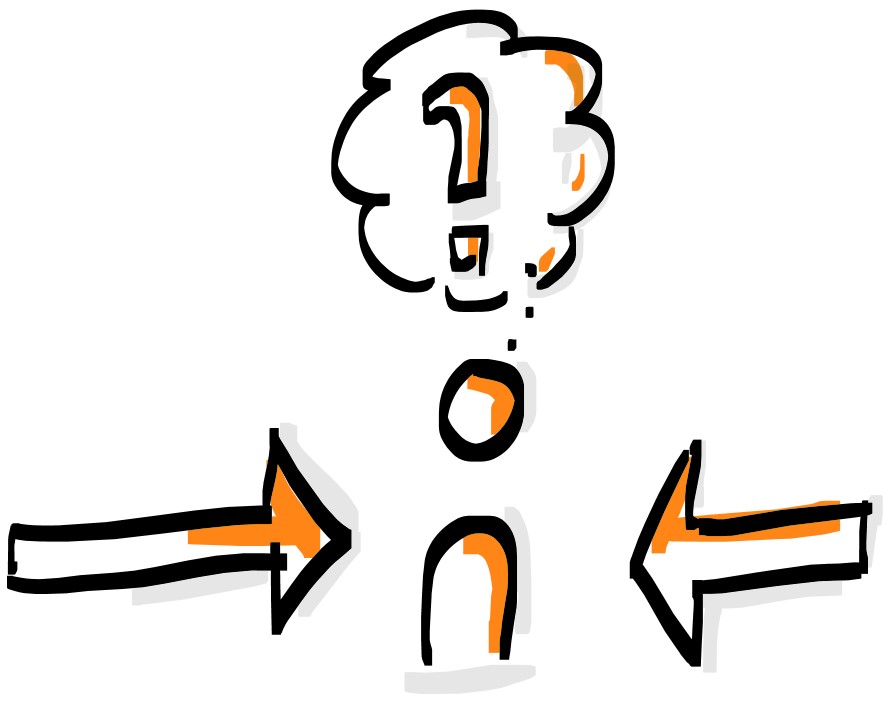
So how can we be sure to always make the best possible decisions for ourselves and others?
By being clear about our early history, knowing where we come from and answering regardless (!) what should be. For us (and not from the standpoint of our role models at the time, for example). Today and in the future: What is really (!) important to us ourselves? What is – now – our “personal added value”
And by mindfully ensuring that we are in the best possible shape at all times.
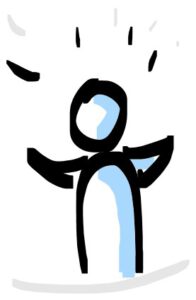
This is how we remain sovereign masters
of all (!) our success patterns. The old ones and the “adult ones”.
This provides us with the best chances to achieve what we really want to achieve.
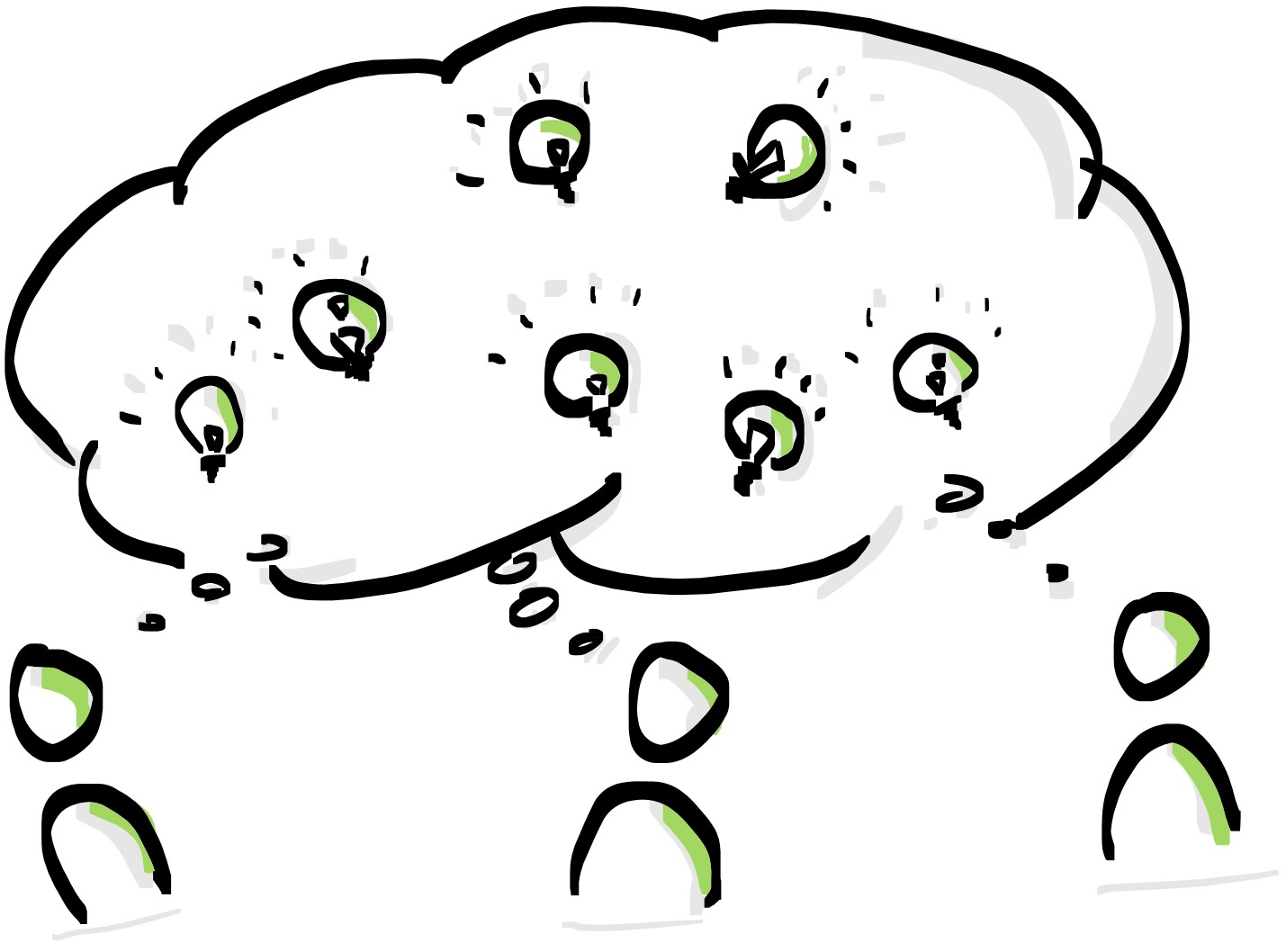
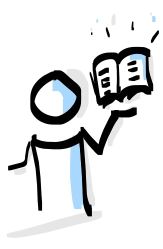 We now know from psychology, sociology and neuroscience:
We now know from psychology, sociology and neuroscience: So, based on our countless everyday specific and personal (and mostly unconscious!) experiences
So, based on our countless everyday specific and personal (and mostly unconscious!) experiences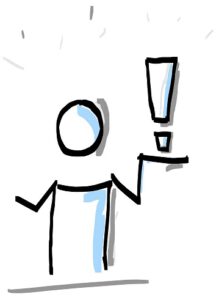 Well:
Well: